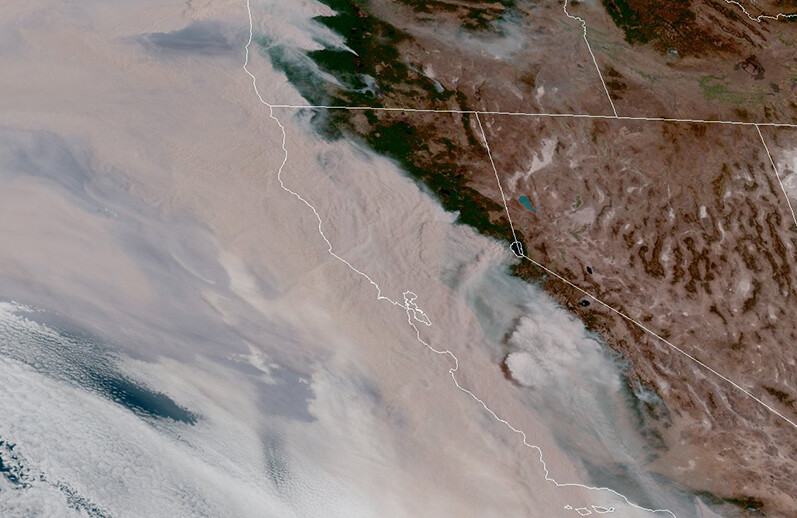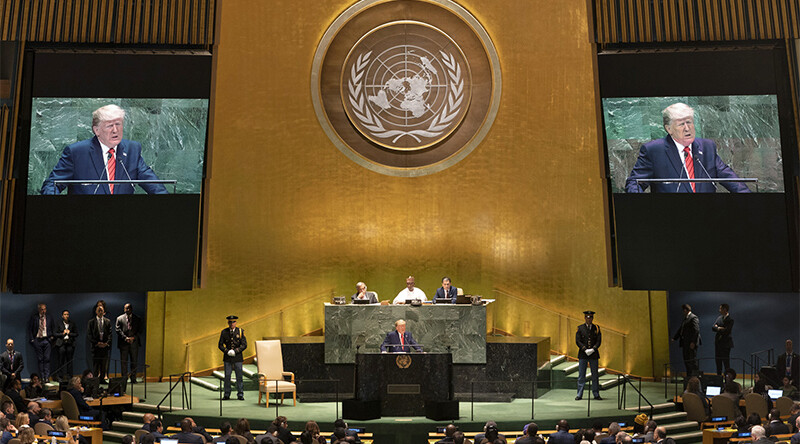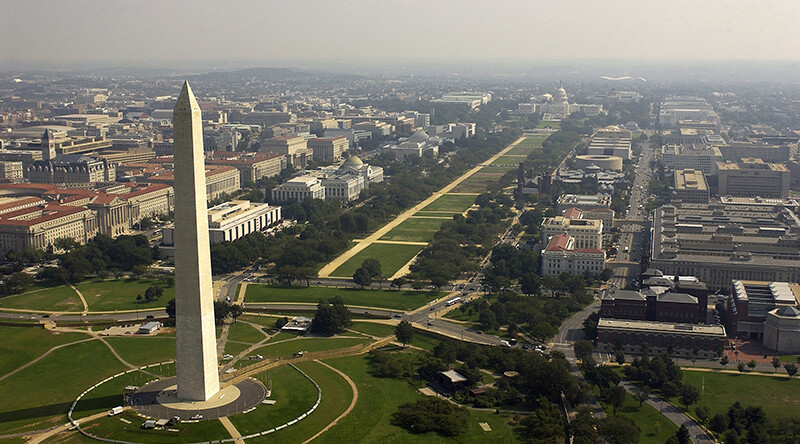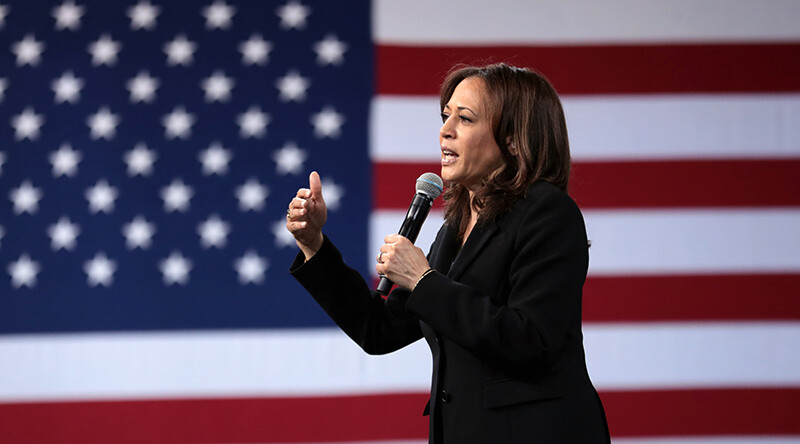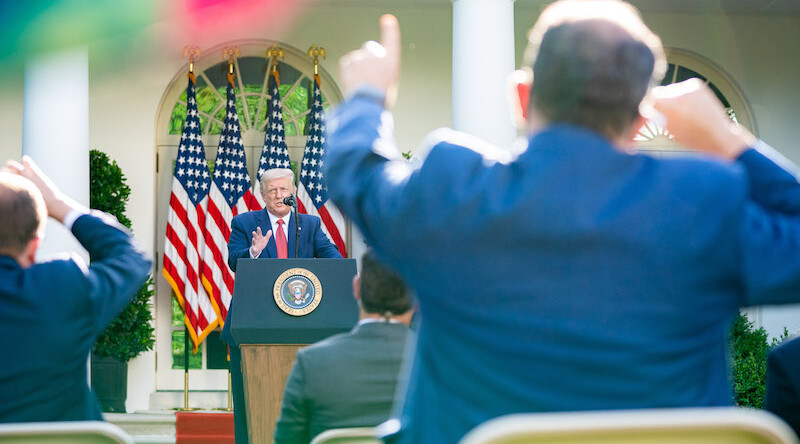This article first appeared on the Ethics & International Affairs blog.
One of the emerging narratives about U.S. foreign policy is the use of climate change as the central organizing principle. Based on the assessment that environmental security engenders national security, this approach prioritizes efforts to project influence through solving or mitigating environmental problems—to make the U.S. safer from climate-enhanced threats, to build up a new basis for relations with other states, and to generate benefits.
The Foreign Policy Research Institute recently held an interesting symposium, on the "Ecological Value of America's Soft Power," featuring Robert D. Kaplan, FPRI's Robert Strausz-Hupé Chair in Geopolitics, and Professor Saleem Ali, whose research agenda focuses energy and the environment at the University of Delaware. The jumping-off point was Kaplan's recently completed biography of Bob Gersony (The Good American), a State Department official and consultant who was, for several decades, America's "point man" on the scene of every major humanitarian crisis and natural disaster. In their discussion, Kaplan and Ali, using Gersony's career as a backdrop, discussed how matters like water shortages, famines, and other environmental concerns directly impact efforts to create and maintain political stability and regional and even global security. Thus, environmental issues are not only "soft" considerations but directly connect to "hard power issues" including civil and interstate war, migration, and the stability of the networks on which the globalized system of trade rests. "Ecological aid" is therefore not simply a matter of charity, but, as Kaplan noted, "falls within the rubric of national interests."
What I found especially intriguing is the possible shift in how the U.S. "exports security" beyond the training and equipping of security forces to developing, strengthening and hardening ecological resilience, both to reduce incentives for mass migration but also to tap down on the sources of insecurity—starting with such issues as water and food security.
Ultimately, the ecological and environmental considerations may help to generate what Bill Burns has recommended: "a clear sense of priorities" which will allow for the reinvention of "U.S. alliances and partnerships" and define the "terms of (U.S.) engagement around the world."
